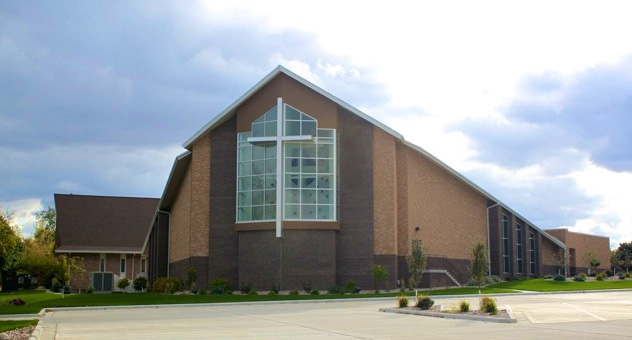I always cringe when I hear people complain about the government in this country, which happens quite frequently. It seems to be a very popular topic. “The government is too big!” “The government doesn’t do enough to help us!” “That Obama is a crazy person!” You’ve all heard similar comments and worse, no doubt. Just take a step back for a second and think about a few of the ways the government uses our taxes to actually fulfill the commands God has placed on us as a church:
- (James 1:27) Caring for widows and orphans (also mentally-handicapped and disabled individuals)
- (Prov. 22:6) Providing educational opportunities
- (II Cor. 8:14) Supporting individuals who lose their jobs or go bankrupt
- (Luke 22:36-38) Providing protection from enemies through military, police, etc…
- (Matt. 25:35-36) Providing food and clothing for those who are in need
- (Luke 10:34-35) People are guaranteed to receive emergency medical attention
- Also, freedom to worship, freedom of speech, and many other important freedoms…
Now imagine all of this important framework and resources provided by the government was suddenly stripped away? Would we be prepared as a church to fill that void? We complain about the government not doing these programs well or efficiently, but are we ready to take them over ourselves? Would we have the generosity, compassion, and energy required to meet these needs?
That was the situation in which the early church found themselves, and how did they respond? In the early 200s, Tertullian reports that Christians had a voluntary common fund into which Christians monthly deposited what they could. The common fund was then used to support widows, the disabled, orphans, the sick, the elderly, shipwrecked sailors, prisoners, teachers, burials for the poor, and even for the release of slaves. (Apology, 39).
This passage comes from the Apology of Aristides (130 CE). “And if there is among them (the Christians) any that is poor and needy, and if they have no spare food, they fast two or three days in order to supply to the needy their lack of food.” Also, according to historian Michel Riquet, “It has been calculated that at Rome in 250, under Pope Cornelius, ten thousand Christians obliged to fast so they could provide, from a hundred days’ fasting, a million rations a year.”
Maybe we should take on more social issues in our day and run more programs out of the church to take care of those in need in our communities, our country, and around the world. That could possibly be a great thing for our faith. Or maybe we should start by being thankful that we live in a country where so much of that work is being done fairly well, freeing us up to focus more on direct evangelism, discipleship, and worship.
Three more thoughts to think about:
Consider spending some time in a country like Haiti, Somalia, or North Korea…poor health care (and you have to pay up front or your get denied), poor security (military, police, financial), no programs to help the elderly/orphaned/poor/disabled, scarce educational opportunities, etc…
(Rom. 13:1,6) “Let everyone be subject to the governing authorities, for there is no authority except that which God has established. The authorities that exist have been established by God. This is also why you pay taxes, for the authorities are God’s servants, who give their full time to governing.”
(Phil. 2:14-15) “Do everything without complaining or arguing, so that you may become blameless and pure, children of God without fault in a crooked and depraved generation, in which you shine like stars in the universe…”
To sum up, we really have it very good in this country, God has commanded us to respect our authorities, and we are not to complain as the world does. So next time the grumbling and complaining about the government begins at coffee or a family get-together, tell everyone that Jesus said, “Not so with you.” Cory Grimm









